- Automobiles & Motorcycles
- Beauty & Personal Care
- Business Services
- Chemicals
- Construction & Real Estate
- Consumer Electronics
- Electrical Equipment & Supplies
- Electronic Components & Supplies
- Energy
- Environment
- Excess Inventory
- Fashion Accessories
- Food & Beverage
- Furniture
- Gifts & Crafts
- Hardware
- Health & Medical
- Home & Garden
- Home Appliances
- Lights & Lighting
- Luggage, Bags & Cases
- Machinery
- Measurement & Analysis Instruments
- Mechanical Parts & Fabrication Services
- Minerals & Metallurgy
- Office & School Supplies
- Packaging & Printing
- Rubber & Plastics
- Security & Protection
- Service Equipment
- Shoes & Accessories
- Sports & Entertainment
- Telecommunications
- Textiles & Leather Products
- Timepieces, Jewelry, Eyewear
- Tools
- Toys & Hobbies
- Transportation
What are the side effects of sulfuryl chloride?
Sulfuryl chloride is a chemical compound that is primarily used as a reagent in various chemical reactions and as a precursor to other chemicals. When handling sulfuryl chloride, it is essential to take appropriate safety precautions as it can be hazardous. Here are some potential side effects and safety concerns associated with sulfuryl chloride exposure:
1. Corrosive to Skin and Eyes: Sulfuryl chloride is a corrosive substance and can cause severe irritation and burns to the skin and eyes upon contact. It is essential to wear protective clothing, gloves, and safety goggles when working with this compound to prevent skin and eye exposure.
2. Inhalation Hazard: Inhalation of sulfuryl chloride fumes or vapors can cause irritation of the respiratory tract, leading to symptoms such as coughing, shortness of breath, and sore throat. Prolonged or high-level exposure to sulfuryl chloride fumes can be more severe and may result in respiratory distress.
3. Reactive with Water: Sulfuryl chloride reacts violently with water, releasing toxic and corrosive hydrogen chloride gas. This reaction can occur when the compound comes into contact with moisture in the air or on surfaces, increasing the potential for exposure to harmful fumes.
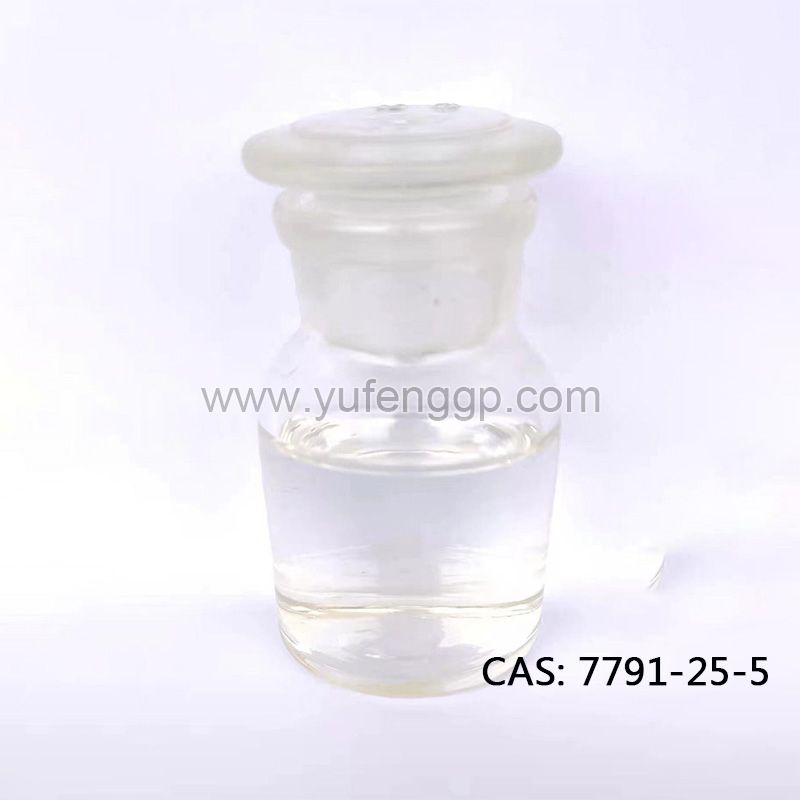
4. Toxic Gas Release: In addition to hydrogen chloride gas, the decomposition of sulfuryl chloride under certain conditions can release other toxic gases, such as sulfur dioxide. These gases can further aggravate respiratory issues and cause adverse health effects.
5. Combustibility: Sulfuryl chloride is not flammable but can decompose when exposed to heat, flames, or other reactive substances, leading to the release of toxic gases and potential fire hazards.
6. Environmental Impact: Sulfuryl chloride is harmful to the environment, and its release into waterways or soil can lead to pollution and damage to aquatic life.
Safety Precautions:
To minimize the risk of side effects and ensure safe handling of so2cl2 , it is crucial to adhere to the following safety precautions:
Further reading:What are some common types of cosmetic raw materials and their functions?
Polypropylene Fabric: An Ultimate Guide to Its Uses and Advantages
Accelerate Your Research with Custom Organic Synthesis Services
Is it safe to consume dicalcium phosphate?
Explore the Mystery of Hafnium Wire
What Is Eprinomectin Used For?
Choosing the Right PUR Hot Melt Adhesive: Factors to Consider
Always work with sulfuryl chloride in a well-ventilated area to prevent inhalation of fumes.
Wear appropriate personal protective equipment, including gloves, safety goggles, and a lab coat or protective clothing.
Avoid contact with skin and eyes by handling the compound with care and using proper containment methods.
Store sulfuryl chloride in a cool, dry, and well-ventilated area away from sources of moisture or heat.
In case of skin or eye contact, immediately flush the affected area with water and seek medical attention.
Have access to emergency equipment, such as an eye wash station and a safety shower, in case of accidental exposure.
Dispose of sulfuryl chloride and its byproducts following local regulations and environmental guidelines.
In conclusion, Yufeng sulfuryl chloride can be hazardous when not handled properly. Understanding its potential side effects and taking appropriate safety measures is crucial to protect oneself and others when working with this chemical compound.
What is Sodium sulphide used for?
What is silver powder used for?
Versatile Applications of Zinc Sulfate Monohydrate
Exploring the Versatility of Artificial Grass Adhesive: Top 5 Practical Applications
Will Ivermectin Kill Fleas?
Properties and Applications of SF6 Specialty Gas
Xylazine: Understanding its Uses, Effects, and Risks
Related Articles
If you are interested in sending in a Guest Blogger Submission,welcome to write for us!




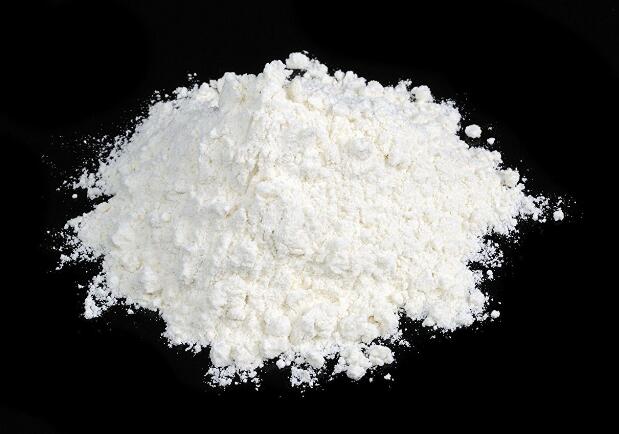
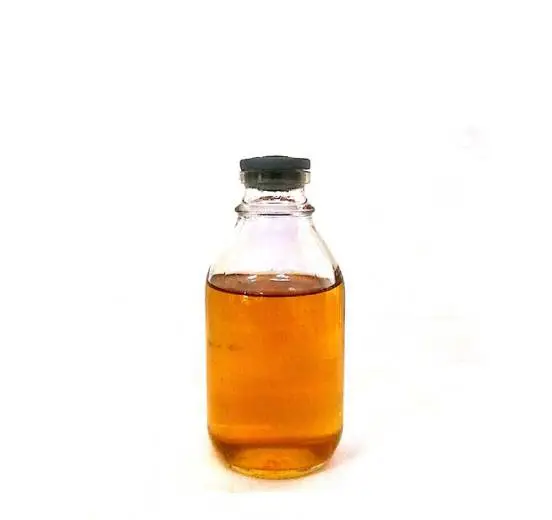
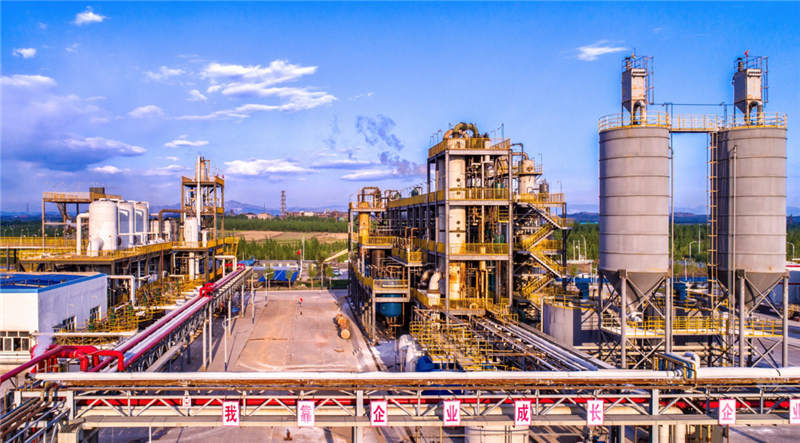
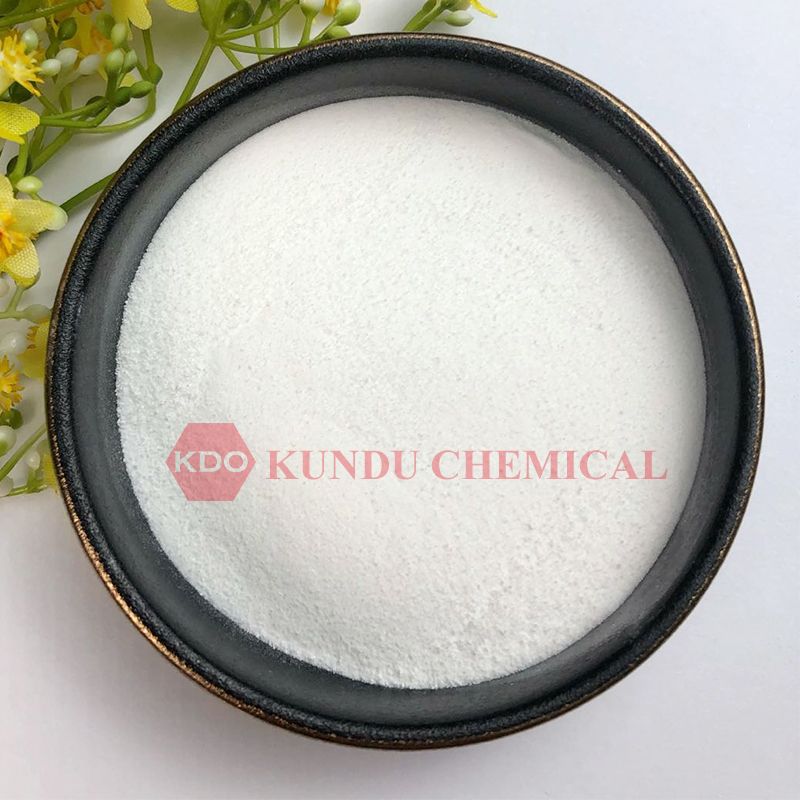
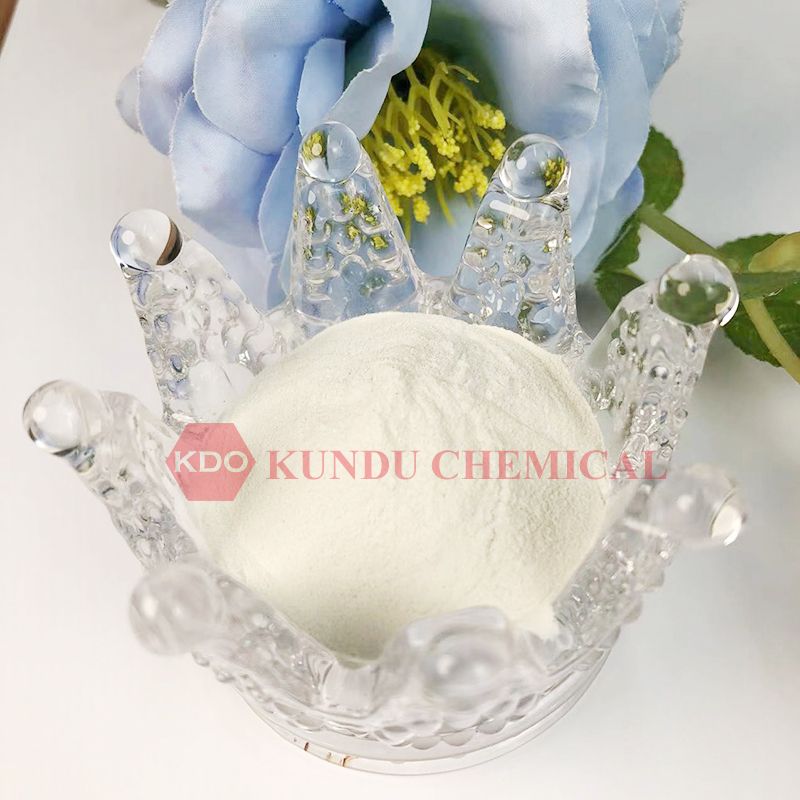

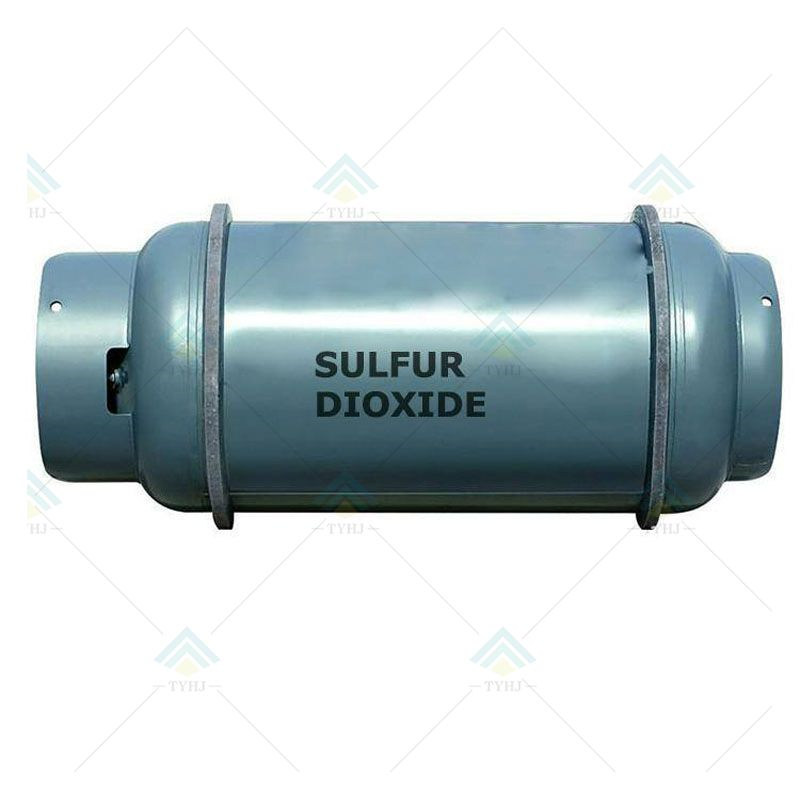
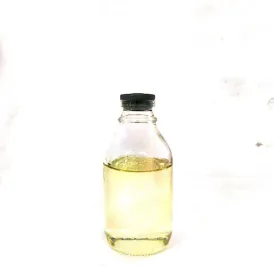
Comments
0